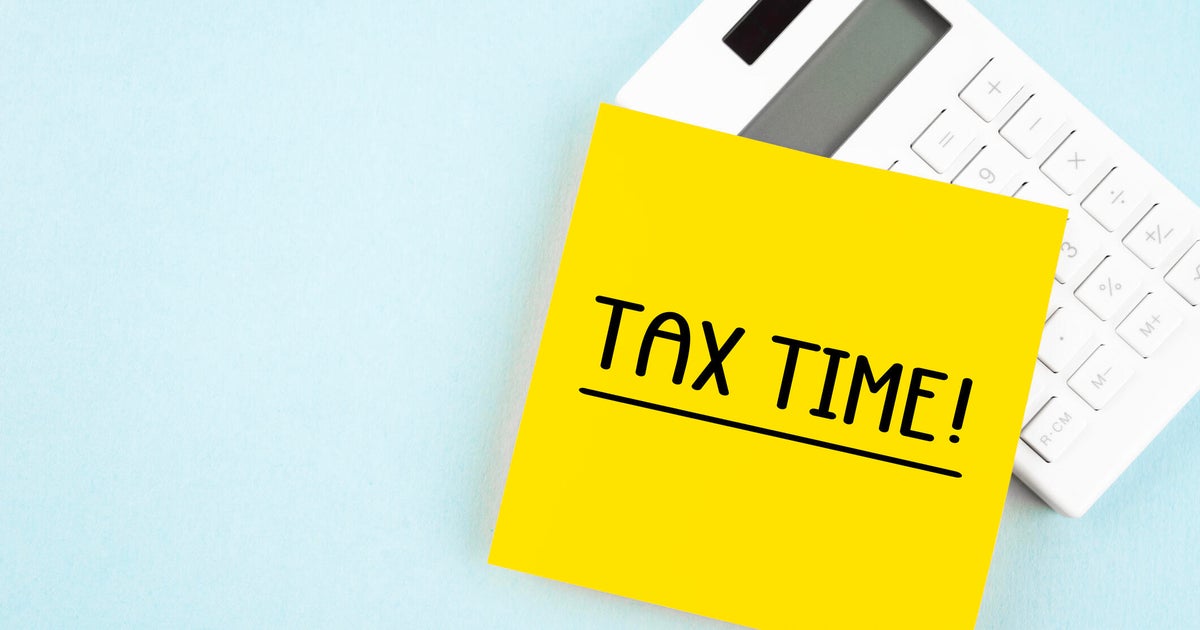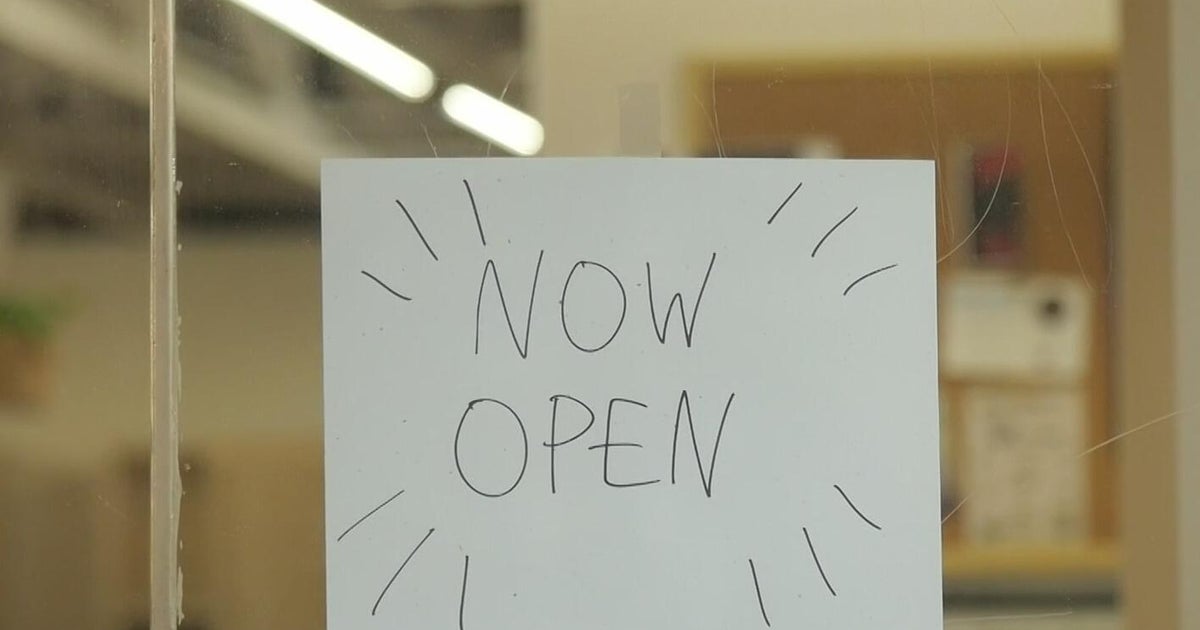New FICO score: Millennials could be big winners
Millennials and other so-called "credit-invisibles" are likely to benefit from a new credit scoring model that Fair Isaac Corp., the maker of FICO scores, is rolling out early next year.
The proposed "UltraFICO" score is expected to be offered as a second-chance option by lenders who want to extend credit to would-be borrowers who don't have enough history to earn a decent score, as well as to people who have had minor credit scars in the past. Millennials, age 22 to 36, are likely to gain the most largely because they're at an age when they're likely to be new to credit, with little history to indicate how well they might handle a loan.
"Our research indicates that 40 percent of applicants would see an upward shift of 20 points or more in their credit score," said David Shellenberger, senior director of scores and predictive analysis at FICO. "That's a substantial increase for those populations who are trying to find an on-ramp into mainstream banking or are trying to improve their credit."
However, consumers would need to opt in to the new approach by agreeing to give the lender access to their personal checking and savings account information. This information would be used to bolster the information available in existing credit files, showing how well consumers manage paying regular bills and whether they have savings.
Those who have had several years of experience with checking and savings accounts, without bouncing checks, and who have at least $400 in savings, are the most likely to benefit, Shellenberger said.
Currently, credit-scoring models ignore information about how much money you earn and how much you have in savings and checking accounts -- or how you manage those accounts -- simply because this data isn't available to credit reporting companies.
The new scoring model would ask consumers to give the credit grantor a one-time look at their banking information to create a new score. This would not officially change the weights that FICO uses to determine credit scores, but it would add an element to existing credit histories.
For those without much history, it could have a fairly substantial impact simply because little information is available to counterbalance the new data. Those who have long-standing credit would likely see either an incremental change or no change at all to their existing credit score because the new data would account for a relatively small percentage of the total information available in their files.
""There are 45 million adults in the U.S. that have no credit score at all, and there are tens of millions of other consumers who have some history, but not enough to generate a representative credit score," said Jason Gross, CEO of Petal, a financial startup that already uses bank account information to qualify consumers for credit.
"The credit score is a fundamental building block to achieve financial milestones," Gross added. "We're seeing them used in employment applications, housing applications as well as credit. And the system, as currently constituted, does not serve people equally."
Millennials, immigrants and people of color are the worst-served by the current system, Gross said. If FICO's new scoring model catches on, that could change. "FICO is the market standard for identifying data that's predictive. To get the FICO stamp of approval for cash-flow underwriting could be a game-changer," he said.
Still, whether this new scoring system will open the floodgates to credit-invisible consumers will depend on lenders. Although consumers can agree to provide the information needed to determine their UltraFICO score, they can't demand that a lender use this new score to qualify them for credit. Lenders determine which type of credit scores they use and which credit-reporting companies they rely on for data.
FICO's Shellenberger said major lenders are interested in using the new scoring model, but he said he couldn't identify any lender that has already agreed to test the score when it's launched early next year.



